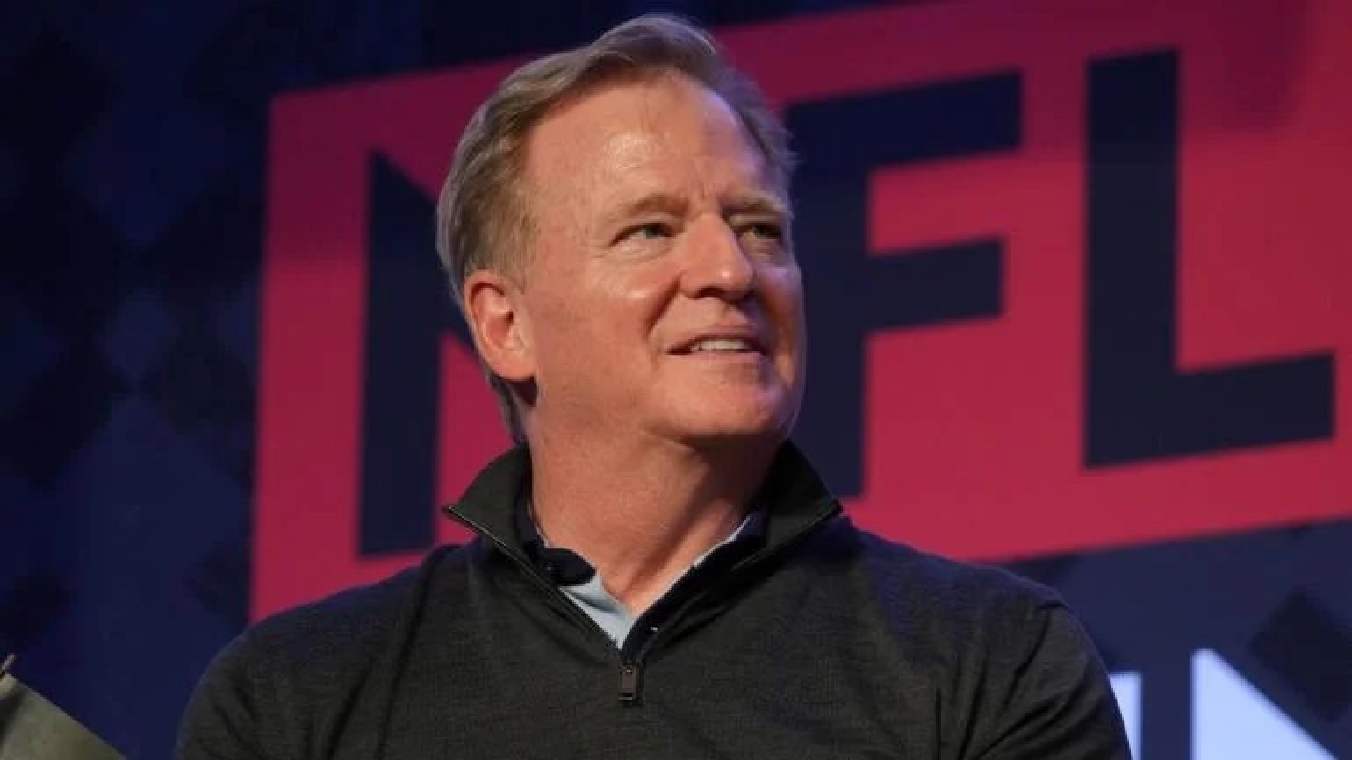While the NFL’s annual league meetings in Palm Beach this week sparked debates over the controversial “Tush Push” play, the elephant in the room remained unaddressed: the near-inevitability of an 18-game regular season. Though Commissioner Roger Goodell dismissed the topic as “not a focus,” league insiders view the expansion as a fait accompli, with 2027 emerging as the earliest plausible start date. This quiet consensus underscores the NFL’s strategic priorities—global dominance, revenue maximization, and structural evolution—all tethered to the allure of an extra game.
Player Safety: A Delicate Balance
The NFL’s quarterback-driven product faces mounting pressure as injuries threaten its marquee players. Since expanding to 17 games in 2021, the league saw historic highs in starting QBs (69 in 2022), though numbers dipped to 59 in 2023. While this suggests incremental progress in injury management, the physical toll of an 18th game looms large.
The league has made strides in reducing concussions (a nine-year low in 2023) and high-risk plays. Medical advisors warn against the “Tush Push,” a play with a 0% injury rate but catastrophic potential, prompting likely bans by May. Meanwhile, fewer punts—a high-injury play—signal evolving strategies (e.g., aggressive fourth-down attempts) that align with safety goals. Yet, adding a game risks offsetting these gains, forcing the NFL to reconcile player welfare with commercial ambitions.
Logistics: Reshaping the NFL Calendar
An 18-game schedule demands a structural overhaul. The cleanest path involves:
- Eliminating one preseason game, addressing player and fan dissatisfaction with meaningless exhibitions.
- Starting the season on Labor Day weekend, capitalizing on holiday viewership.
- Adding a second bye week, spacing the season into thirds to aid recovery.
- Aligning the Super Bowl with Presidents Day weekend, creating a three-day spectacle.
Internationally, the 18th game accelerates Goodell’s vision of 16 global matchups annually. With 2024 marking debuts in Ireland, Spain, and Berlin, and teams like the Chargers securing marketing rights in Greece, the NFL’s global footprint expands rapidly. The 2025 Collective Bargaining Agreement (CBA) allows up to eight international games, but the league aims higher—potentially packaging these contests for streaming giants like Netflix, which already hosts Christmas games.
Financial Windfalls and Labor Negotiations
An 18th game isn’t just about football—it’s a multi-billion-dollar lever. Jerry Jones famously championed the idea in 2011, estimating $1 billion in added player revenue. Today, that figure would dwarf earlier projections, especially with international rights and streaming deals inflating value.
The current broadcast contracts (expiring post-2033) include an opt-out clause after 2029, aligning perfectly with an 18-game rollout. For players, revenue-sharing talks will dominate negotiations. The NFLPA seeks to increase its cut from 48.8% to 50%, while exploring groundbreaking equity stakes. Though league rules bar active players from team ownership, creative workarounds—like investments through private equity groups—could emerge.
Product Dilution: The Tanking Dilemma
More games risk diluting quality. The NBA’s struggles with tanking serve as a cautionary tale. NFL executives fear late-season irrelevance if playoff seeds are locked early, prompting proposals like the Lions’ playoff reseeding plan, which would award home games based on record rather than division titles. Though tabled, the idea has support from influential owners like Jones, who prioritize competitive integrity.
Goodell acknowledged the tension: “Winning the division should matter, but .500 teams hosting playoff games?” The league’s competitive balance—2023 saw record close games—may fray with an extra week, necessitating structural safeguards.
The Global Chessboard
The NFL’s international strategy is inextricable from its 18-game calculus. Seven 2024 games will span five countries, with the UAE and Brazil eyed for future expansion. Teams now vie for global marketing rights—only the Bengals, Bills, and Titans lack such partnerships. These efforts dovetail with the 18th game’s logistics, as overseas matchups could fill the added slot while tapping new markets.
The Road to 2027
While owners avoided formal discussions, their actions betray a clear trajectory. The 2027 season—with Super Bowl LXII in Atlanta—offers a logical launchpad. Key steps include:
- CBA Renegotiation: Players will demand greater revenue shares, reduced offseason programs, and equity concessions.
- Scheduling Innovation: Rotating division matchups or international rivalries could define the 18th game.
- Fan Engagement: Balancing tradition (e.g., division purity) with innovation (e.g., reseeding) will shape viewer appeal.
Conclusion: A League at a Crossroads
The NFL’s pursuit of an 18-game season reflects its unrelenting growth ethos. Yet, challenges abound: safeguarding players, maintaining competitive parity, and appeasing a global audience. As Goodell noted, the “season structure” remains pivotal—a euphemism for the 18th game’s transformative potential. Whether this expansion becomes a triumph or a overreach hinges on the league’s ability to harmonize ambition with responsibility. For now, the silence speaks volumes: the 18-game era is not a matter of if, but how.

